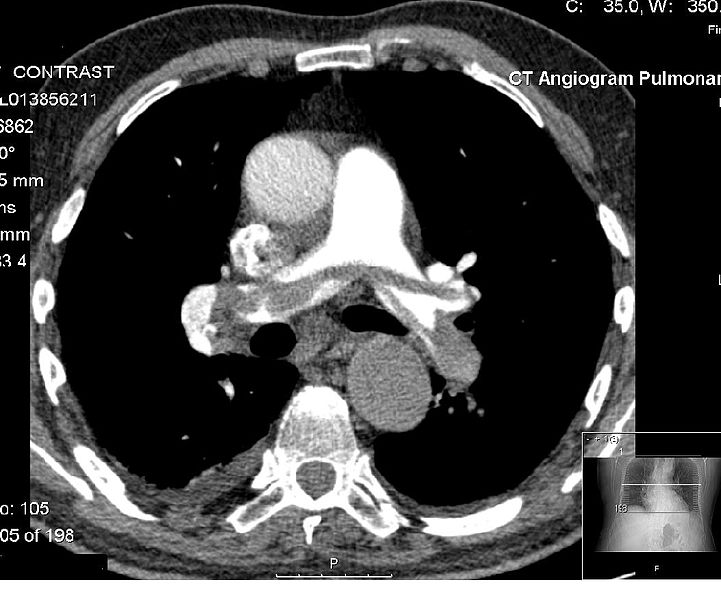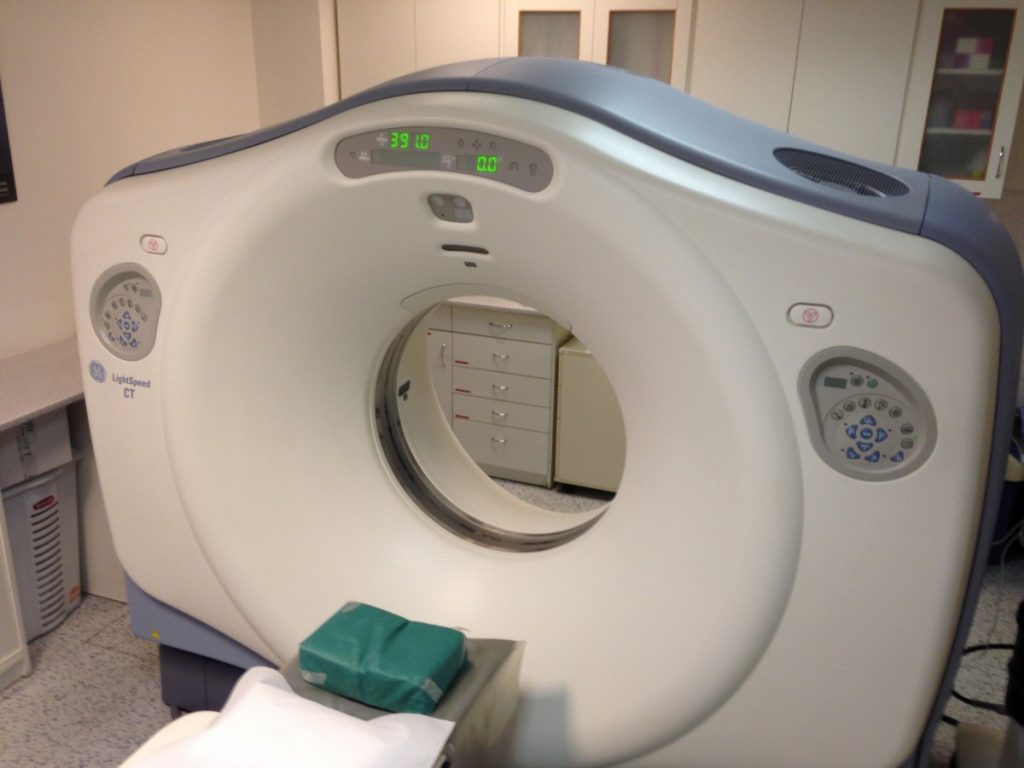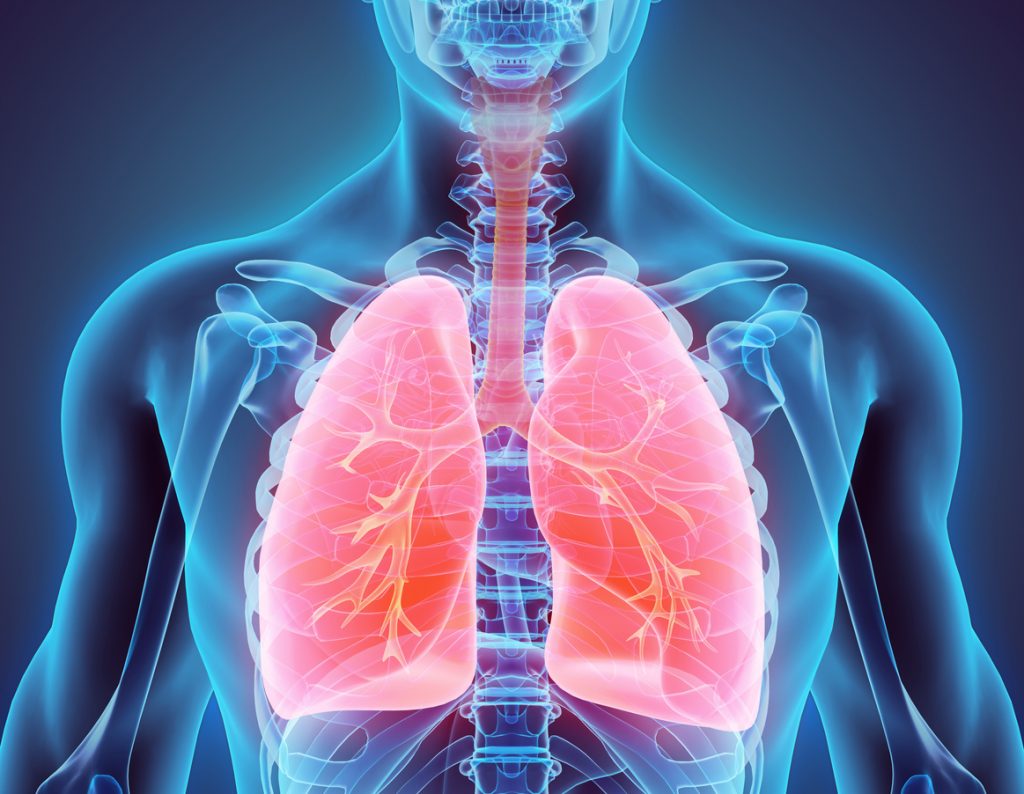The purpose of this study is to determine whether roflumilast is effective in the treatment of exacerbations in patients with chronic obstructive pulmonary disease (COPD).
Official Title
Conditions
– Chronic Obstructive Pulmonary Disease
Study Type
Interventional
Study Design
Treatment, Randomized, Double-Blind, Placebo Control, Parallel Assignment, Safety/Efficacy Study
Further Details
Study Start
Eligibility & Criteria
Ages Eligible for Study: 40 Years and above, Genders Eligible for Study: BothCriteriaInclusion criteria * FEV1/FVC ratio (post-bronchodilator) /= 16 hours/dayAdditional inclusion/exclusion criteria apply and examination by an investigator is required to determine eligibility
Total Enrolment
1100
Contact Details
[1] Delbert Meyer, M.D., Carmichael, California, 95608, United States; Recruiting
All content and media on the HealthEngine Blog is created and published online for informational purposes only. It is not intended to be a substitute for professional medical advice and should not be relied on as health or personal advice. Always seek the guidance of your doctor or other qualified health professional with any questions you may have regarding your health or a medical condition. Never disregard the advice of a medical professional, or delay in seeking it because of something you have read on this Website. If you think you may have a medical emergency, call your doctor, go to the nearest hospital emergency department, or call the emergency services immediately.







